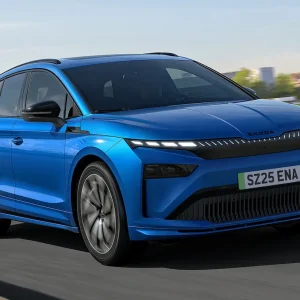The European Automobile Manufacturers’ Association has set out a ten-point plan to implement the European Green Deal and decarbonise transport.
In the plan, 16 major car manufacturers set out how CO2 emissions can be reduced, aiming for a 60% reduction compared to 2005 for passenger cars and a 31% reduction compared to 2021 for light commercial vehicles.
The first point is technological neutrality. Michael Manley, ACEA president and CEO of Fiat-Chrysler, said: “Firstly, we believe in choice for all. Policy makers should help drive the best possible results by remaining technology neutral – in other words, without imposing specific technologies or banning vehicles that can still deliver CO2 reductions.”
Secondly, a dense network of charging points and re-fuelling stations has to be urgently rolled out across the EU.
The ACEA is also calling for consistent and economically-sustainable incentive schemes for users, as the technology needed to achieve the dramatic reduction in CO2 will remain expensive for the foreseeable future.
Manley commented: “Above all, we believe that road transport and mobility must remain affordable for everybody, regardless of where in Europe they live or their financial means. Likewise, the European Commission’s Green Deal should also be used as a means to strengthen the global competitiveness of our industry.
“This is all the more important as we are about to face a shrinking market,” Michael Manley alerted. Indeed, ACEA forecasts that, after six consecutive years of growth, EU passenger car sales will drop by 2% in 2020.
“At the very time when our industry is massively stepping up investments in zero-emission vehicles, the market is set to contract – not only in the EU but also globally – so the transition to carbon neutrality needs to be very well managed by policy makers.”
The full report, with details on all ten points, can be found on the ACEA’s website.





